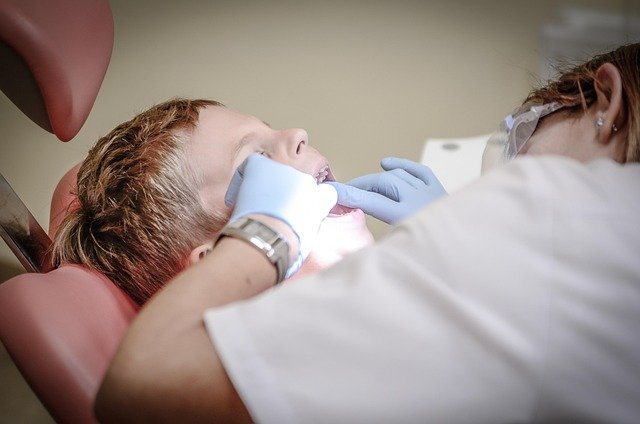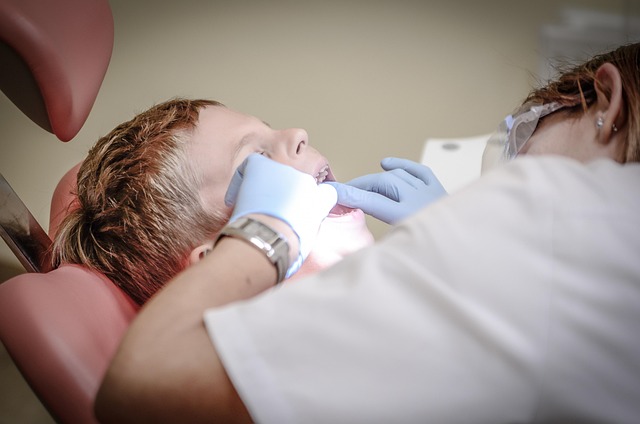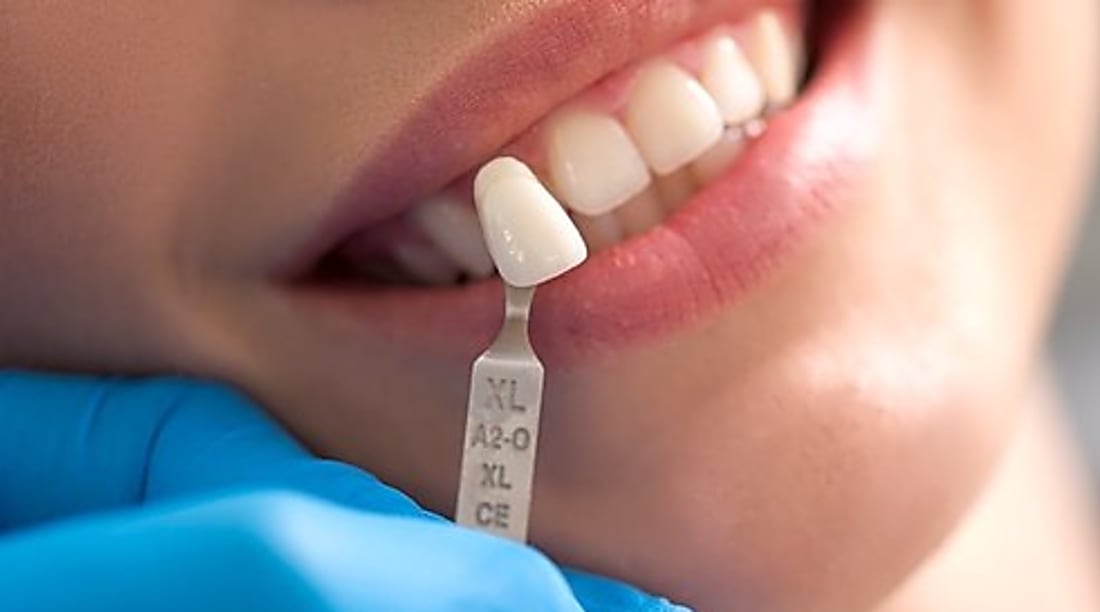How British Residents Cut Costs on Dental Services
Dental fees can add up quickly, but there are practical ways to reduce what you pay without compromising care. This guide explains how to locate affordable clinics, understand how NHS dental services are structured across the UK, and compare realistic price points for routine treatments, plans, and insurance so you can choose options that fit your needs and budget.

Rising living costs have made routine check-ups and unexpected dental work feel daunting for many households. Yet there are concrete steps to reduce out-of-pocket spend while keeping oral health on track. Understanding NHS rules, knowing where to look for lower-cost local services, and comparing private treatment, plans, and insurance can help British residents make informed choices that balance access, timing, and cost.
This article is for informational purposes only and should not be considered medical advice. Please consult a qualified healthcare professional for personalized guidance and treatment.
How to find affordable dental clinics in your area?
If you’re asking “How to Find Affordable Dental Clinics Nearby,” start with official directories and community options. Use the NHS “Find a dentist” tool to see practices accepting new NHS patients in your area; availability changes frequently, so check often and consider a wider radius beyond your immediate postcode. Ask practices about mixed NHS/private appointments, reduced-fee check-up days, or bundled prices for exam plus hygiene. Local services run by community clinics may offer lower-cost care for specific groups, and some charities run occasional dental outreach days.
Broaden the search to university dental schools, which provide supervised treatment from trainee dentists at reduced fees. These clinics can be slower but are often significantly cheaper for non-urgent work. Compare private practices that publish transparent fee guides online and ask about membership plans that spread costs for check-ups and hygiene visits. Preventive steps—fluoride toothpaste, interdental cleaning, and regular exams—often cost less than deferred treatment that later requires fillings or crowns.
How NHS dental services work
NHS dentistry operates differently across England, Wales, Scotland, and Northern Ireland. In England, most routine care is grouped into charge bands (for example, a Band 1 exam/assessment, Band 2 for fillings or extractions, and Band 3 for more complex work such as crowns or dentures). Exemptions exist, including for children, some students under 19, pregnant people and new parents, and those with qualifying low-income certificates. In Wales, Scotland, and Northern Ireland, charging structures differ: adults may pay a percentage of treatment costs up to a maximum charge or follow their nation’s banded approach. Eligibility, charges, and exemptions vary, so check the rules for your nation before booking.
Access can be uneven: some areas have long waits for NHS appointments. If you cannot get an NHS slot when in pain, call NHS 111 (or your nation’s equivalent) for urgent guidance. For non-urgent care, balance the cost difference between NHS fees and private fees against the time and travel savings of going private, especially for straightforward check-ups and hygiene appointments.
Which options are available for residents now?
When comparing “Which Options are Available for British Residents Now,” you typically face four routes: NHS treatment (if you can register or be seen), private pay-as-you-go treatment, monthly dental plans, and dental insurance. Each can be cost-effective depending on your needs. NHS fees often cost less per treatment, but access varies. Private clinics may offer faster bookings, clear fee guides, and membership plans that include exams, X‑rays, and hygiene visits for a fixed monthly price. Insurance can help with unpredictable costs but usually has annual limits, waiting periods, and exclusions.
Below are real‑world cost snapshots to help you frame expectations. These figures are estimates gathered from publicly available fee guides and plan summaries; actual prices vary by location, clinic, and clinical complexity, and they change over time.
| Product/Service | Provider | Cost Estimation |
|---|---|---|
| NHS check-up (Band 1 equivalent, England) | NHS England | Around £25.80 per course of treatment |
| NHS urgent dental care (England) | NHS England | Around £25.80 for urgent care appointment |
| Routine private check-up | Bupa Dental Care (private) | Typically £35–£75 per visit |
| Routine private check-up | mydentist (private) | Typically £25–£65 per visit |
| Hygiene appointment (private) | Various private clinics | Typically £45–£90 per session |
| Dental plan (check-ups/hygiene included) | Denplan (Simplyhealth) | Around £15–£60 per month depending on band |
| Dental insurance (adult basic cover) | Bupa Dental Insurance | Around £9–£25 per month depending on cover |
Prices, rates, or cost estimates mentioned in this article are based on the latest available information but may change over time. Independent research is advised before making financial decisions.
Interpreting these ranges: if you can secure NHS care, basic courses of treatment often cost less than paying privately for the same items. Where NHS access is limited, a private check-up plus hygiene may still be manageable when spaced over the year or bundled via a plan. For those with predictable maintenance needs and few fillings, a membership plan can spread costs neatly. Insurance may suit people who want help with higher, unexpected costs, but read the small print for annual caps and waiting periods.
In day-to-day practice, consider a hybrid approach: maintain routine exams and hygiene through the most economical provider you can access, then obtain itemized quotes for any restorative work to compare NHS versus private timing and fees. Ask for written treatment plans, clarify what is included in a course of treatment, and confirm warranty or remake policies for lab-made work like crowns or dentures. Travelling slightly farther or booking at less busy times can also reduce wait and sometimes lower fees when clinics offer standardized prices across branches.
A careful blend of prevention, informed provider selection, and transparent pricing can bring dental care within reach while protecting long-term oral health. By understanding NHS structures, leveraging community and educational clinics, and comparing private fees, plans, and insurance, British residents can cut costs without losing continuity of care.




